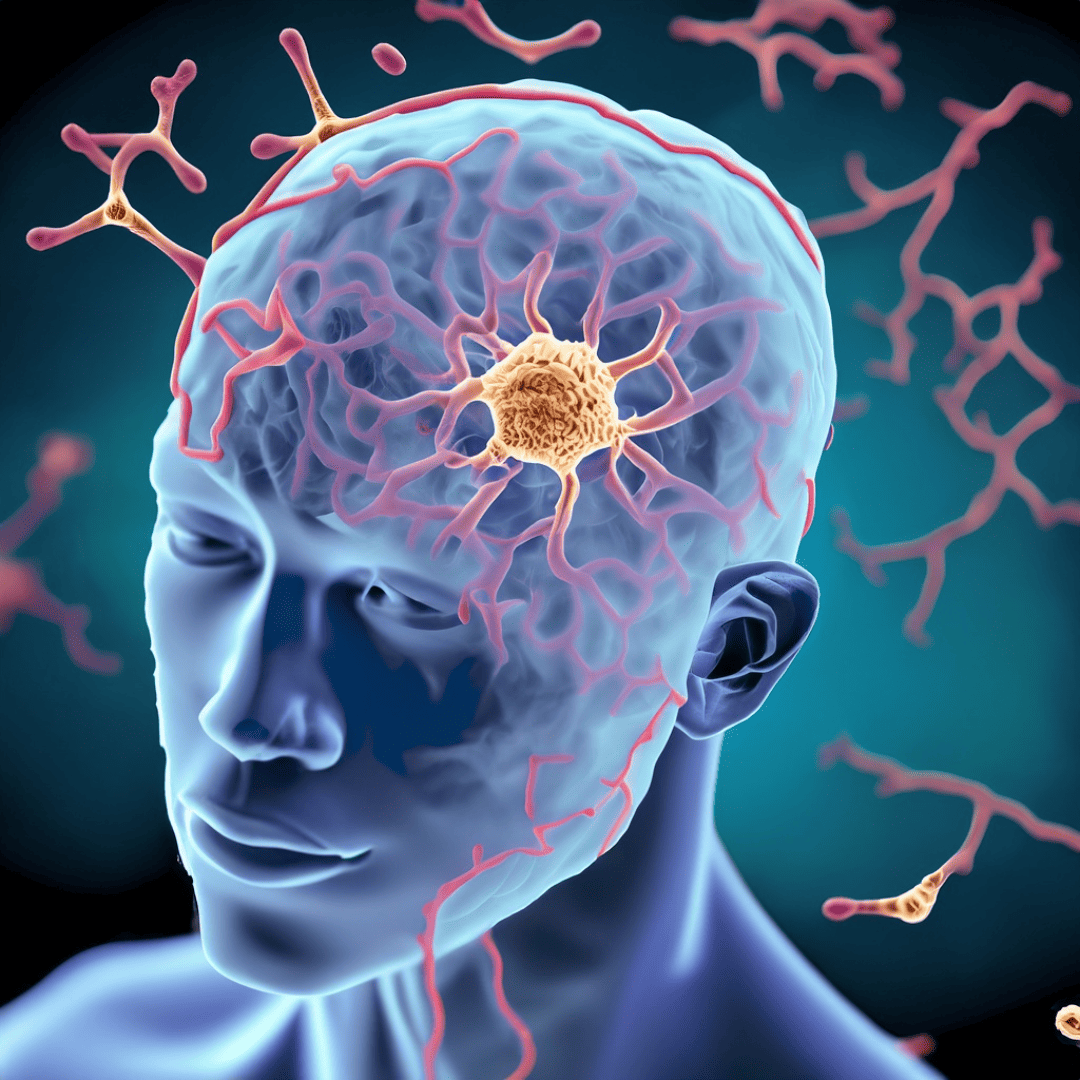Astrocytes are a type of cell in the brain. They do many things, including helping to control the levels of different substances in the brain. This is important for keeping the brain working properly.
Now, when we eat a lot of fatty foods, these fats can affect the brain. If there’s too much fat, it can lead to what’s called “lipotoxicity.” This is a fancy term for a harmful effect on the brain due to excessive fats. These excessive fats can encourage overeating and lead to obesity.
In a study on mice, researchers found that a certain protein on astrocytes, called CD36, can be influenced by a high-fat diet. In simple terms, CD36 helps astrocytes handle fats in the brain. When there’s too much fat in the diet, CD36 levels go up, which can ultimately lead to obesity.
The researchers tried to see what happens if they removed this protein from astrocytes. They did this by genetically modifying mice so their astrocytes wouldn’t produce CD36. They found that these mice were less sensitive to fats and produced fewer fats in their brains, even when fed a high-fat diet. This helped protect the mice from becoming obese.
So, in a nutshell, the type of diet we consume can influence the function of astrocytes in our brain, and through that, potentially affect our body weight and eating habits. This is just one piece of a very large puzzle on how diet affects our brain and overall health. There is still much to learn about these complex relationships.

